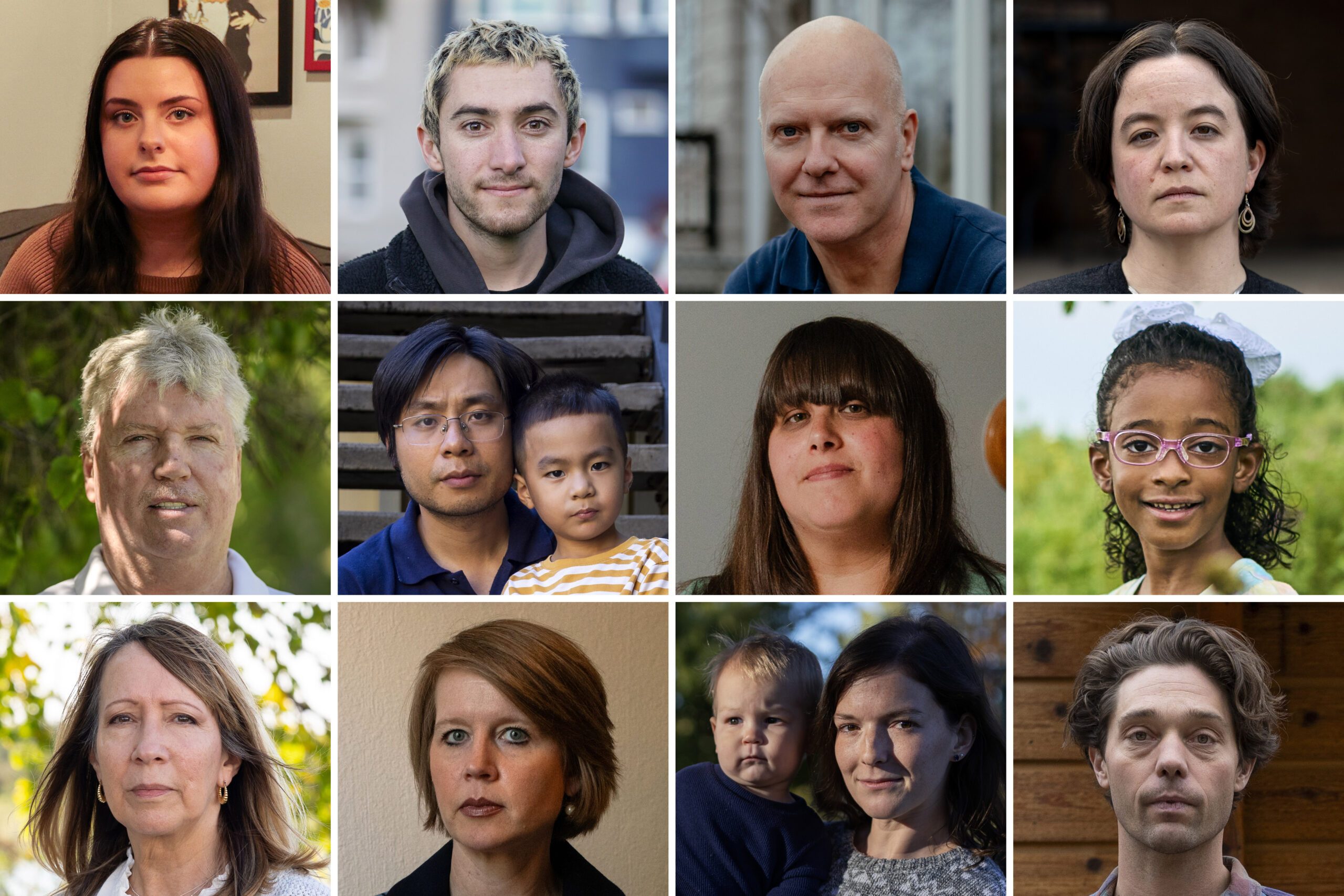By U. Oregon
Almonds are big business in California, which grows 80% of the world’s crop with a value of $5.62 billion.
To get those almonds to grow, farmers need bees to pollinate their crop. And bee populations have been suffering sharp declines in recent years, part of a pattern of widespread loss of pollinator diversity and abundance.
The researchers found no silver bullet for adopting bee-friendly practices, but they learned that the location of almond groves played a central role in the adoption of bee-friendly practices, as well as concern for future pollination services.
Their findings suggest a regionally flexible conservation strategy focused on supporting honeybee colonies might have the highest likelihood of grower participation and adoption.
The paper appears in Frontiers in Sustainable Food Systems.
Coauthor Lauren Ponisio, an assistant biology professor in the Institute of Ecology and Evolution in the University of Oregon biology department, studies bee conservation and community ecology. She grew up in Fresno “in the middle of all these almonds,” she says, and learned at an early age how important bees were to agriculture, notably when a frost killed flowers and bees.
“We’ve been working on trying to understand how we can restore populations of wild bees in agriculture,” she says. “There’s a lot of science on how to do that and its effectiveness, but not much uptake by growers.”
Ponisio and coauthor Jennie Durant, a postdoctoral fellow at the University of Oregon with the National Institute of Food and Agriculture when they conducted the study who now is a science and technology policy fellow with the American Association for the Advancement of Science, working for the US Department of Agriculture, conducted an online survey of 329 California almond growers, both hired farm managers and owner-operators.
The survey looked at the adoption of three types of bee-friendly practices: the adoption of cover crops, the adoption of permanent pollinator habitat, and the adoption of the California Almond Board’s Honey Bee Best Management Practices, which generally focus on pesticide reduction.
The results indicated that growers are more interested in growing cover crops than installing permanent pollinator habitat in their orchards. Cover crops may be more popular because they are perceived to require less water, attention, installation, and labor and maintenance costs than permanent pollinator habitat.
They found growers’ main incentive for adopting bee-friendly practices was to strengthen their honeybee colonies, followed by decreasing their rental fees for managed honeybee colonies. They were less concerned with native bee populations.
“We definitely saw growers are most interested in adopting bee-friendly practices to strengthen honeybee pollination during bloom, to increase their yield,” Durant says.
Where the growers are located—whether the drier southern regions of California, or the rainier north—is the biggest indicator of whether and how they adopt these practices, she says. For instance, growers in the Sacramento Valley, where there is higher rainfall, were more likely to plant cover crops and permanent pollinator habitat than their counterparts to the south.
“To me it suggests a regionally sensitive conservation approach might make the most sense,” rather than a strict statewide program, Durant says.
Source: University of Oregon
—
This post was previously published on Futurity.org and is republished here under a Creative Commons license.
***
You Might Also Like These From The Good Men Project
 Compliments Men Want to Hear More Often
Compliments Men Want to Hear More Often  Relationships Aren’t Easy, But They’re Worth It
Relationships Aren’t Easy, But They’re Worth It  The One Thing Men Want More Than Sex
The One Thing Men Want More Than Sex  ..A Man’s Kiss Tells You Everything
..A Man’s Kiss Tells You Everything Join The Good Men Project as a Premium Member today.
All Premium Members get to view The Good Men Project with NO ADS.
A $50 annual membership gives you an all access pass. You can be a part of every call, group, class and community.
A $25 annual membership gives you access to one class, one Social Interest group and our online communities.
A $12 annual membership gives you access to our Friday calls with the publisher, our online community.
Register New Account
Log in if you wish to renew an existing subscription.
Username
First Name
Last Name
Password
Password Again
Choose your subscription level
- Yearly - $50.00 - 1 Year
- Monthly - $6.99 - 1 Month
Credit / Debit Card PayPal Choose Your Payment Method
Auto Renew
Subscribe to The Good Men Project Daily Newsletter By completing this registration form, you are also agreeing to our Terms of Service which can be found here.Need more info? A complete list of benefits is here.
—
Photo credit: iStock
The post Regional Approach May Get Farmers To Protect Bees appeared first on The Good Men Project.
Original Article










